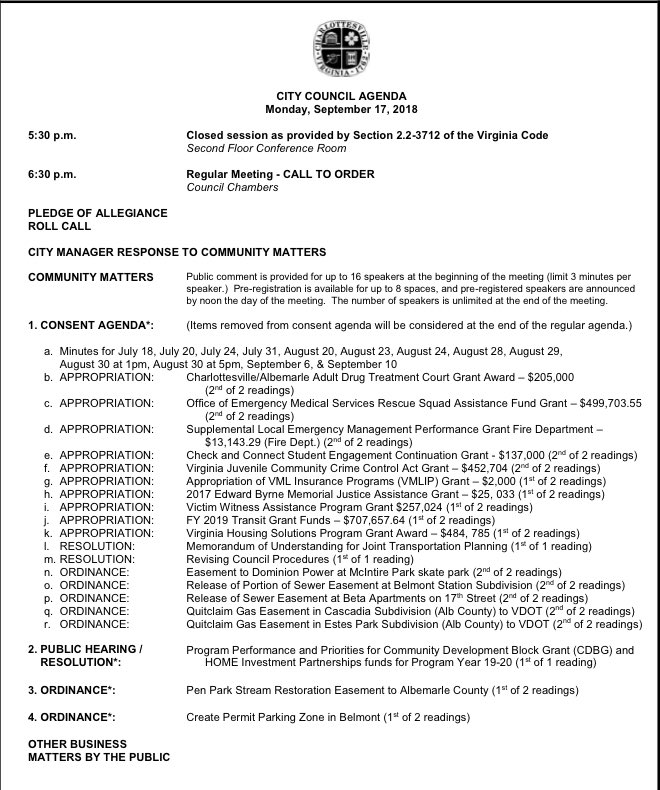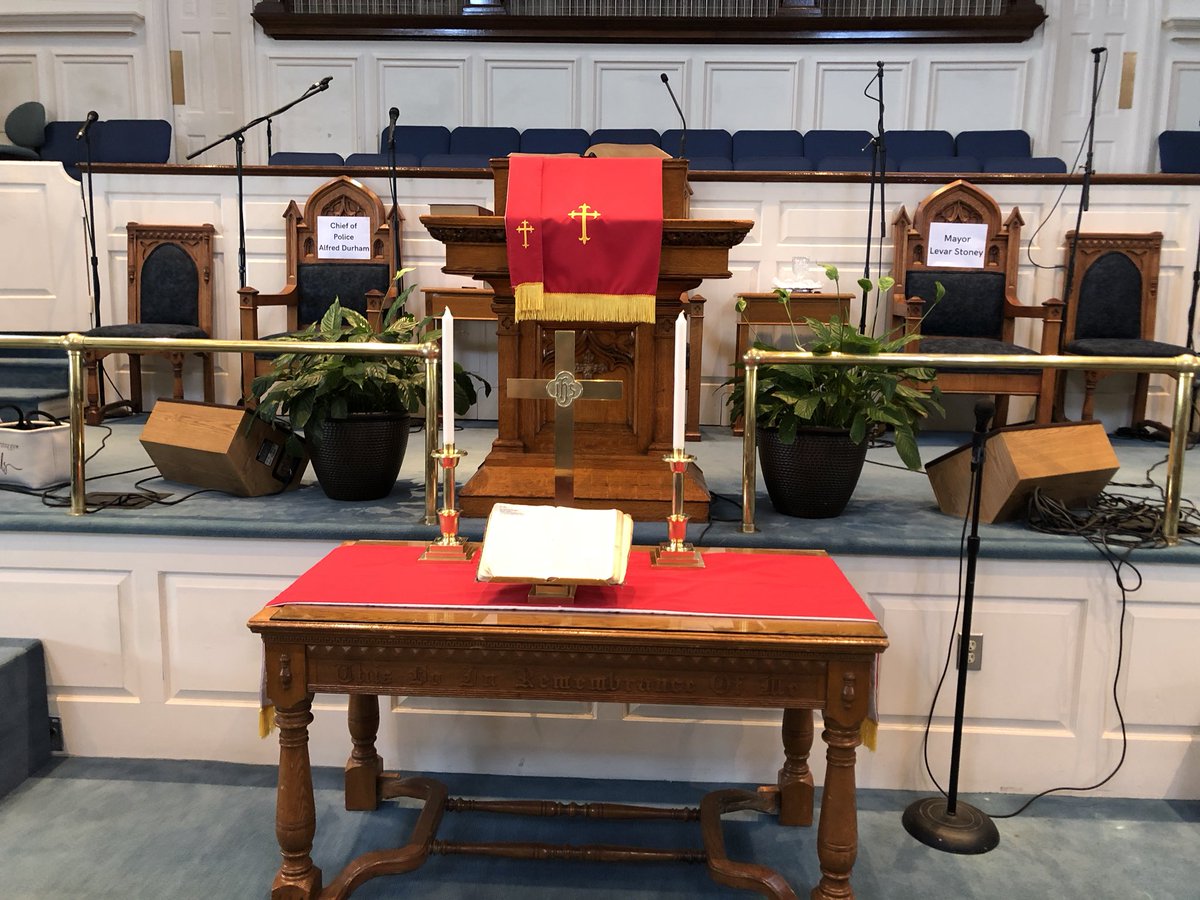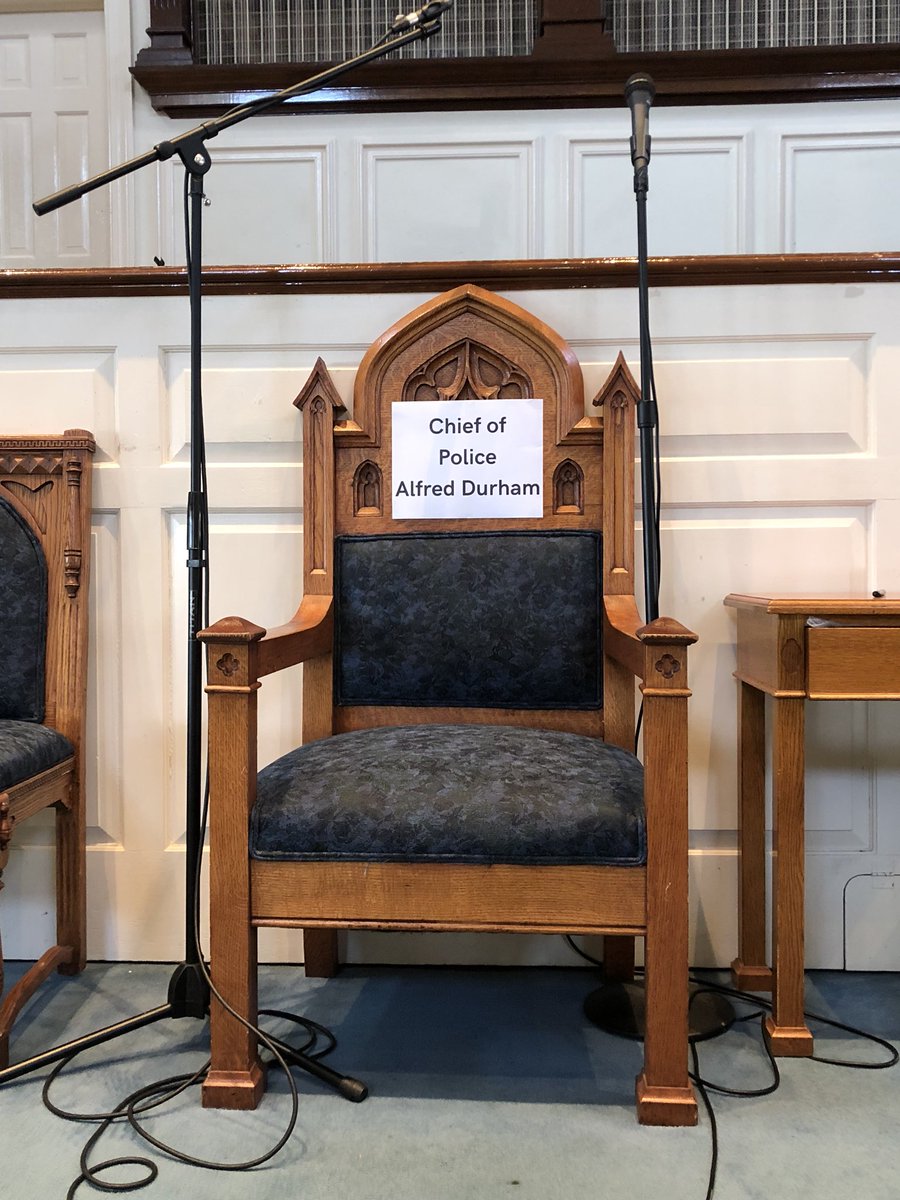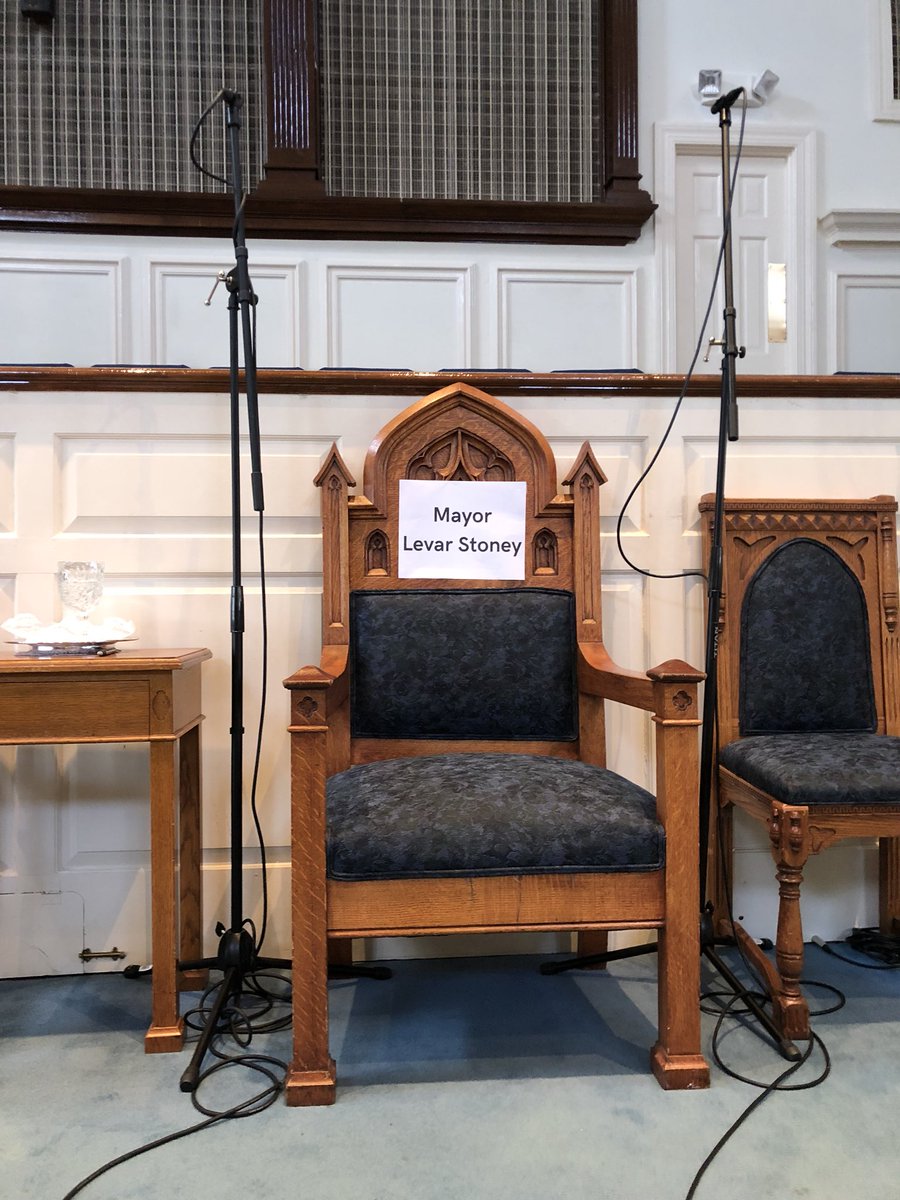vice.com/en_us/article/…
- Non-white immigrants and their children experience racism differently: Parents might be able to cope better because a) they anticipated/assumed it would happen b) they may have faced worse in their country of origin (cont) 1/
- These gaps make it harder to communicate/empathize, and may exacerbate existing stress from parents who have high expectations 3/
- Their parents don't know these resources exist
- The idea of therapy—or validating the idea of mental illness—is incompatible with someone's culture 5/
Ok that's not statistical but damn is it true. Also you just wasted $100! Fun!! 9/
When I did interviews for this piece, nearly every respondent said therapy isn't really for them. It's for affluent white folks 10/
I wish I could have included more quotes from Yukiko Shiraishi, a therapist who often helps POC kids of immigrants. She wants you to know "therapy is for everyone" 11/
theatlantic.com/health/archive…
12/
I hope you feel less alone, like you can ask for help 13/
end/







